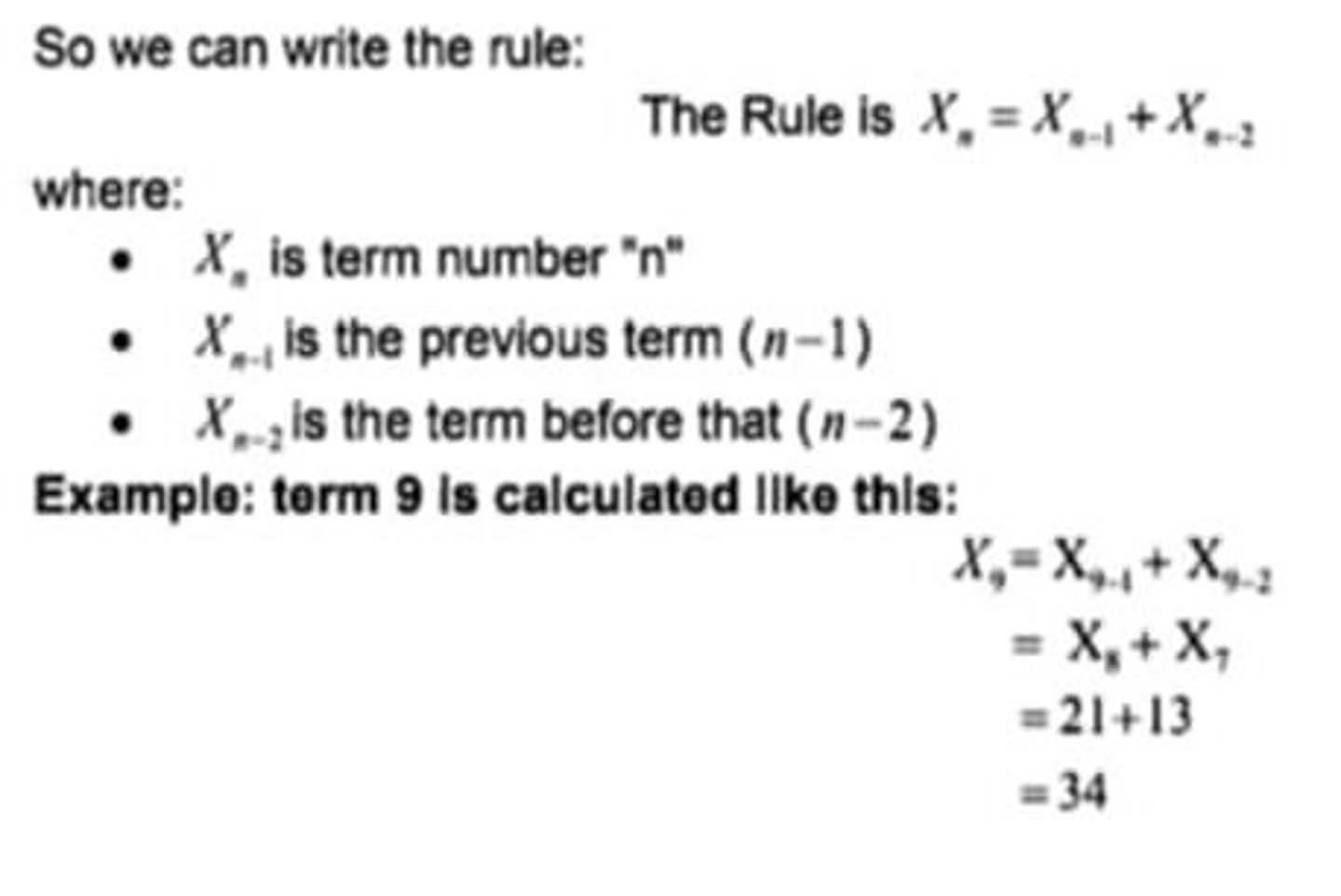Types of Patterns in Nature: Symmetry, Fractals, and Fibonacci Sequences
1/22
There's no tags or description
Looks like no tags are added yet.
Name | Mastery | Learn | Test | Matching | Spaced |
|---|
No study sessions yet.
23 Terms
Pattern
A repeated design, form, or sequence that follows a rule or creates order.
Rhythm
Repetition that creates a beat or tempo. (e.g., tiles, drumbeats in visuals)
Flow
Guides the eye smoothly in one direction. (e.g., waves, curved lines)Guides the eye smoothly in one direction. (e.g., waves, curved lines)
Geometric
Made of precise shapes and forms. (e.g., grids, tessellations)
Movement
Gives the illusion of motion. (e.g., swirls, zigzags)
Nature (Stripes & Spots)
Inspired by natural designs. (e.g., zebra stripes, leaf veins)
Visual
Pleasing to the eye using symmetry & contrast. (e.g., mandalas, mosaics)
Texture
Creates a sense of surface feel. (e.g., wood grain, fabric weave)
Symmetry
Same appearance on different sides.
Bilateral Symmetry
Same when reflected (e.g., human body).
Rotational Symmetry
Same when rotated (e.g., starfish, splash patterns).
Fivefold Symmetry
Found in echinoderms - group of marine animals that have a hard, spiny skin and usually show fivefold symmetry as adults. (e.g., starfish, urchins, sand dollars).
Six-fold Symmetry
Found in snowflakes.
Fractals
Self-similar patterns at different scales.
Spirals
Curves winding outward from a point (Shells, galaxies)
Bubbles/Foam
Minimal surface area patterns (Soap bubbles)
Stripes
Linear patterns often for survival. (Zebra stripes)
Tessellations
Repeating shapes with no gaps.
Cracks
Lines formed to relieve stress in materials.
Sequence
An ordered list of numbers following a rule.
Fibonacci Sequence
Series: 0, 1, 1, 2, 3, 5, 8, 13, 21, 34... Rule: Next term = sum of the two previous terms.

Patterns
Every 3rd term is a multiple of 2. Every 4th term is a multiple of 3. Every 5th term is a multiple of 5.
Examples of rules
Multiplying by a constant → (e.g., 1, 10, 100...) Adding an increasing difference → (e.g., 2, 5, 9, 14...)